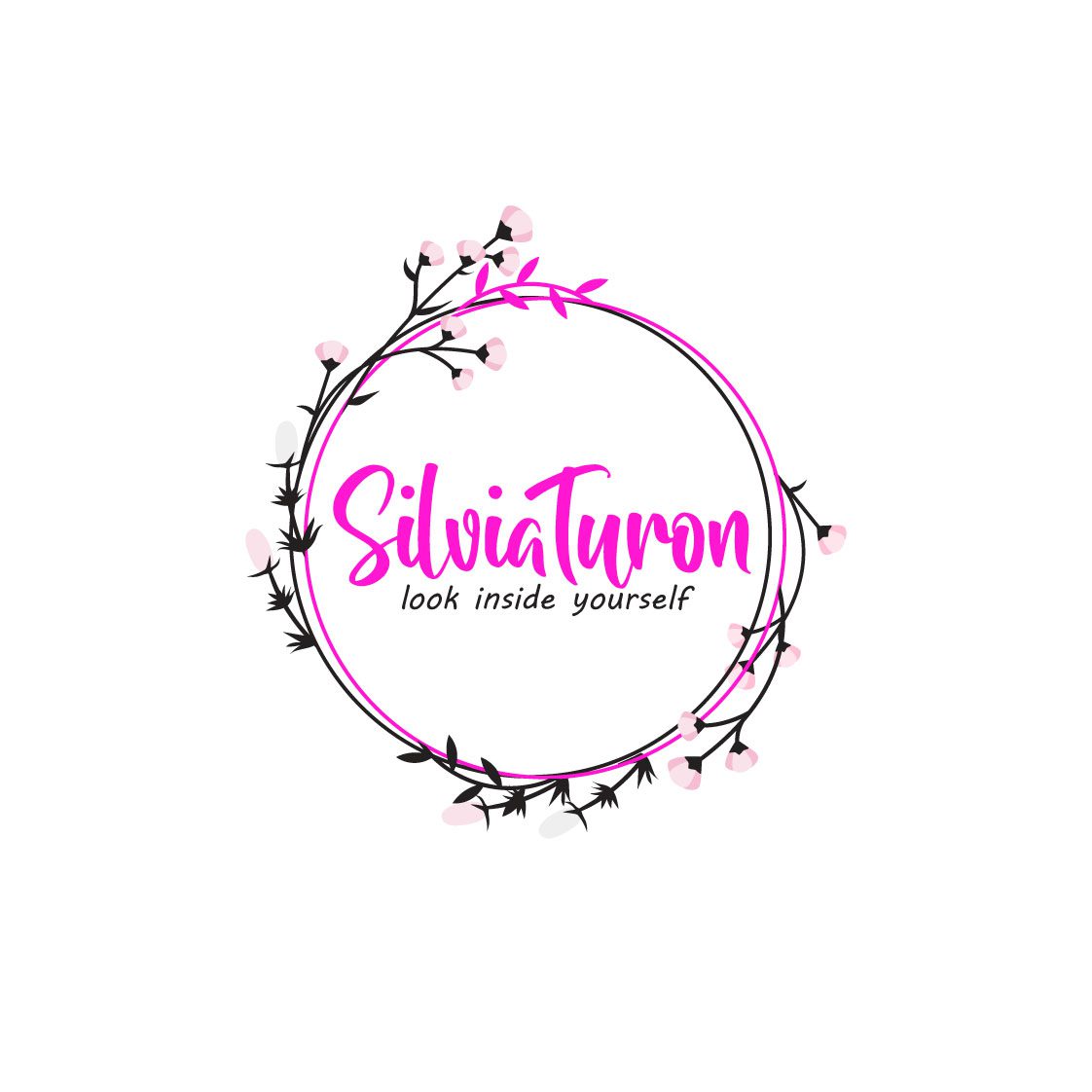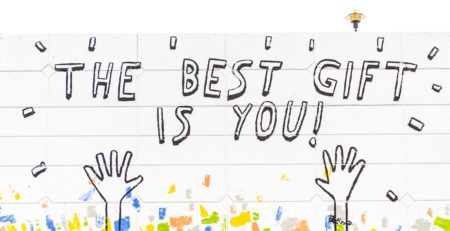Intimate Relationships: How to Use Them to Heal Our Childhood Wounds
“People think that intimacy is about sex. But intimacy is about truth. When you realize you can tell someone your truth, when you can show yourself to them, when you stand in front of them bare and their response is “you’re safe with me” – that’s intimacy.” Taylor Jenkins Reid
Three years ago, when I decided to end my marriage, I didn’t only end an important chapter of my life but also kicked a habit of smoking after 16 years. Although I was never a heavy smoker, I was astonished by how easy it was.
For almost a year, I was single and a proud non-smoker. But the moment I met a guy and we began dating, things changed. To my surprise and intrigue, I had the sudden craving to smoke again. Although I was confused by this weird desire to smoke when intimately involved with someone, I was too distracted by other matters and was obsessed with everything pertaining to the relationship.
In other areas of my life, I felt content and satisfied. However, the intimate part of my life would sweep me off my feet and consume me. I overinvested in intimate relationships, and gave up my routine or things I liked to do. In a meantime, I spent more time not only participating in a relationship but also obsessing about it, or crying it away.
I would often give, while secretly growing resentment towards the other person because my generosity would go unnoticed. In reality, I was compensating for the lack of worth I felt. I thought that if I could prove myself long enough, I would be loved and cherished. This, as you may suspect, is rarely the case.
At first, I couldn’t understand how a person functions in an intimate relationship and other areas of life simultaneously. Here I was, obsessing and emotionally depending on the person while abandoning everything important to me.
Being “in love” seemed exhausting and overwhelming. This led me to the conclusion that love sucks and that being alone in a cave is what I should do to survive.
Observing Triggers
After about a year of back-and-forth with the people I dated, I began to notice the clues. I began to observe more triggers that were coming to the surface. The cigarette was a way to cope with a stress and survival mode that amplified when I got emotionally involved with a guy.
I couldn’t help but wonder, “Why am I so triggered in intimate relationships, and will this obsession-driven attitude ever go away?”
At first, I judged myself (Hello, trauma)! But after months of no results or change, I decided to look deeper.
I discovered that intimate relationships were triggering my sense of value, self-worth. They revealed my trauma wiring, low self-esteem, and lack of self-love.
Although it certainly didn’t feel good, and my insecurities were screaming, I knew I was up to something. For most of my life, I didn’t take the time to reflect on my childhood or relationships with my parents. However, this time, the confusion began to clear up.
Why do we accept less than we deserve?
In some cases, the belief of lack can develop when we are young and are not provided with a healthy view of what it looks like to be loved by others. Perhaps we experienced trauma in our youth and were raised by parents who did not have positive self-images themselves. We may have been treated with harsh judgment or expectations. This causes us to stop seeing ourselves as deserving of love and nurturing.
In order to become successful in our healing process, it’s imperative to reflect and look deeper into the reasons for our unhealthy behavior and constant self-sabotage. Otherwise, we will subconsciously attract the same partners with the same issues and triggers until we address and heal the root of the problem – our worth and the self-love we carry in our hearts.
Have you ever felt on the top of your game, enjoying life, living to the fullest, working on your dreams while having fun, but the moment an intimate partner walked into your life, everything started to crumble?
“Why do many of us tend to exercise self-neglect when the other party is present, and how can we recognize it to heal ourselves?”
Although my personal experiences of love and intimacy come from men, I believe that what I’ve written here applies to anyone who is reading. These lessons can apply to many forms of relationships and friendships.
If you’re in a similar situation as mine and want to overcome your painful past, it is possible. We might not realize it but our past, especially our childhood often plays the biggest role in our intimate relationships.
However, these things are not fixed only by acknowledging them or talking about them, they are fixed by taking action. For me, one of the first steps I took was identifying the relationship with my father. He was often emotionally unavailable, angry, abusive and lacked empathy.
What can we do to begin healing?
Looking back and reflecting on the type of partners I attracted into my life, they were emotionally unavailable, most of the time angry, abusive and certainly lacked empathy. Coincidence? I don’t think so.
What I want you to recognize is that your trauma isn’t your life sentence, you can heal it if you are willing to invest, and you do it in your own time, at your own pace. Instead of revisiting your past pains while labeling all men as “the same,” try switching focus on yourself.
Tool #1
Here is the question I often ask myself when feeling defeated, rejected, or not loved. “What would Silvia, who loves herself, do in this situation?”
If you find answering this question difficult, think of someone you love. “How would you treat this person when they are struggling? What would you tell them or do for them when you see them sad or defeated?” Then use this answer towards yourself. Keep in mind that this is the muscle you have to develop.
At this stage, you may be tempted to keep exercising the mental muscle of neglect. You’re more familiar with it than compassion or empathy. That’s totally normal. Becoming an observer of your mind while focusing on awareness, especially in the early stages of your healing, is what will make a profound impact on your transformation.
Tool #2
The second most powerful tool I use is defining my new, higher standards or non-negotiables. I often ask myself, “What am I not willing to negotiate when it comes to relationships? What has brought me pain that I am not willing to settle for anymore? This is a powerful exercise because it begs the question: “Why do we allow things we aren’t comfortable with and how can we care for ourselves in a more loving way?”
If you struggle with defining your non-negotiables, or don’t feel you deserve to have any, let’s look at what is at stake – YOUR ENTIRE LIFE.
If you suffered from any sort of abuse or trauma while growing up, it is hard to recognize that you deserve love, compassion, empathy, and support as much as anybody else — if not more. Holding on to these beliefs can certainly be a barrier to emotional healing. However, if you look for evidence in the outside world that you aren’t worthy, you will always find it — so why not stop looking there?
If you are struggling in intimate relationships, attracting the same partners whose only difference is the amount of hair gel they use, that’s a clue you want to pay attention to.
I have dated the replica of my father every time and eventually got married to one. The reason wasn’t that I was unlucky in love, and neither are you. Remember? We attract what we think we deserve. The moment you begin to believe that you deserve more, you will naturally attract people who reflect your new way of feeling.
Conclusion
I don’t believe in failed marriages or relationships unless we don’t learn anything from them. But if you are willing to go back to your childhood and analyze your relationship with your parents, you’ll be amazed by the answers and similarities you discover.
When healing your childhood wounds, it’s important to remind yourself, over and over, how beautiful, magnificent, lovable, and deserving you are. I will tell you this until the day I die because I know how long it took me to start seeing it for myself. BTW, I still have a long way to go. What I want to offer you here is to walk this journey with me. If not now, then when?
Do you see how your intimate relationships can lead to emotional healing? Share your thoughts with us by leaving a comment below. I’d love to know.












Comments (2)
This really opened my eyes, your words made me feel like I am not alone and I am thankful for that.
Aww thank you Yong. I am very glad to hear that. You are the most welcome.